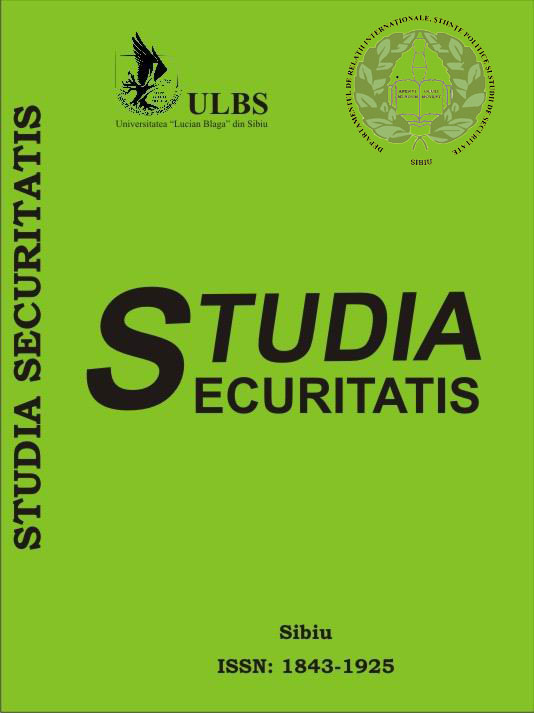THE IMPLEMENTATION OF TRANSITIONAL JUSTICE INSTITUTIONS IN THE PROCESS OF RECONCILIATION OF A POST-CONFLICT SOCIETY : COMPARATIVE ASPECT
THE IMPLEMENTATION OF TRANSITIONAL JUSTICE INSTITUTIONS IN THE PROCESS OF RECONCILIATION OF A POST-CONFLICT SOCIETY : COMPARATIVE ASPECT
Author(s): Vitalie GamurariSubject(s): Regional Geography, International Law, Law and Transitional Justice, Civil Society, Governance, Public Law, Comparative history, Local History / Microhistory, International relations/trade, Security and defense, Peace and Conflict Studies
Published by: Editura Universitatii LUCIAN BLAGA din Sibiu
Keywords: Transitional justice; conflict; reconciliation; lustration; amnesty;criminal prosecution;
Summary/Abstract: The implementation of transitional justice institutions is a complex process. It is dynamic and conditioned by various factors of political, legal, historical, religious nature. Thus, it cannot be uniform, and inevitably determines effects to its respective society. Traditionally, the field experts are divided in two groups: advocates of criminal investigations and supporters of amnesty processes. The analysis is also relevant for the Republic of Moldova, which has two sensitive situations that could benefit of the tools of transitional justice: the unresolved Transnistrian conflict and a politically divided society.
Journal: Studia Securitatis
- Issue Year: XII/2018
- Issue No: 2
- Page Range: 7-23
- Page Count: 17
- Language: English
- Content File-PDF

